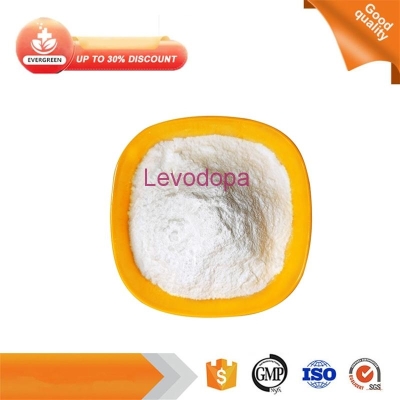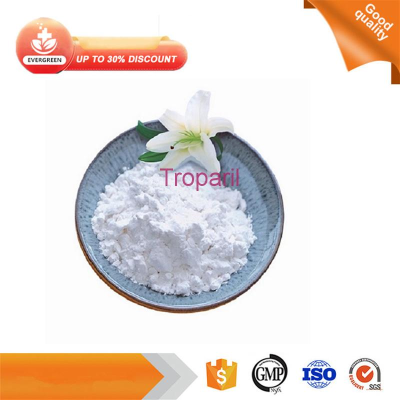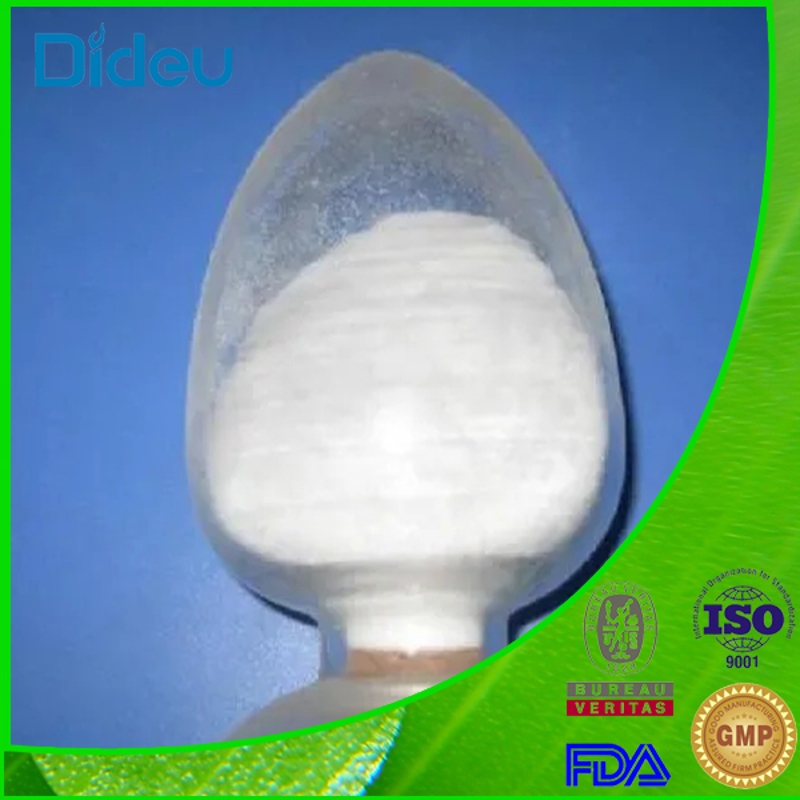-
Categories
-
Pharmaceutical Intermediates
-
Active Pharmaceutical Ingredients
-
Food Additives
- Industrial Coatings
- Agrochemicals
- Dyes and Pigments
- Surfactant
- Flavors and Fragrances
- Chemical Reagents
- Catalyst and Auxiliary
- Natural Products
- Inorganic Chemistry
-
Organic Chemistry
-
Biochemical Engineering
- Analytical Chemistry
- Cosmetic Ingredient
-
Pharmaceutical Intermediates
Promotion
ECHEMI Mall
Wholesale
Weekly Price
Exhibition
News
-
Trade Service
A multi-institutional research team based in New York has found high levels of three toxic metabolites produced by gut bacteria in cerebrospinal fluid and plasma samples from patients with multiple sclerosis (MS)
CUNY news on December 20
The important finding, published in the journal Brain , furthers scientists' understanding of how gut bacteria influence the course of neurological disease by producing compounds that are toxic to nerve cells
Brain advances scientists' understanding of how gut bacteria influence the course of neurological disease by producing compounds that are toxic to nerve cells
The study was published in the journal Brain (latest impact factor: 13.
Previously published evidence supports the notion that imbalances in the gut microbiome (the community of organisms that live within the human gut) may be at the root of a range of neurological disorders
Imbalances in the gut microbiome may be at the root of a range of neurological disorders
"Our findings suggest that gut bacteria in MS patients produce and release significant amounts of p-cresol sulfate, indole sulfate and N-phenylacetylglutamine into the bloodstream and ultimately to the cerebrospinal fluid," said one of the study's lead authors.
p-cresol sulfate, indole sulfate and N-phenylacetylglutamine
For the study, the team obtained blood and cerebrospinal fluid samples from volunteer patients at the Multiple Sclerosis Center in Northeastern New York
Compared with healthy people, MS patients who did not receive DMF treatment were rich in three toxic metabolites
"The presence of these high levels of toxic metabolites also correlates with biomarkers of neurodegeneration in MS patients and impairs neural function in cultured cells in the laboratory," said the Icahn School of Medicine at Mount Sinai.
"This is an exciting and important finding," said Patrizia Casaccia, the study's principal investigator and founding director of the CUNY ASRC Neuroscience Program.
Advances our understanding of the role of gut-brain communication in neurodegenerative disease progression, but also provides a potential metabolic target for the development of new MS therapies
Dr.
City University of New York founded in 1961
references
Source: Advanced Science Research Center - CUNY
Scientists Identify Gut-Derived Metabolites that Play a Role in Neurodegeneration
Reference:
Achilles Ntranos, Hye-Jin Park, Maureen Wentling, Vladimir Tolstikov, Mario Amatruda, Benjamin Inbar, Seunghee Kim-Schulze, Carol Frazier, Judy Button, Michael A Kiebish, Fred Lublin, Keith Edwards, Patrizia Casaccia, Bacterial neurotoxic metabolites in multiple sclerosis cerebrospinal fluid and plasma, Brain, 2021;, awab320, https://doi.
- END -
leave a message here







